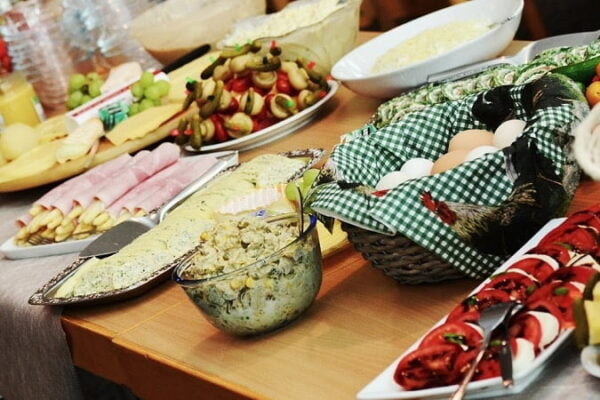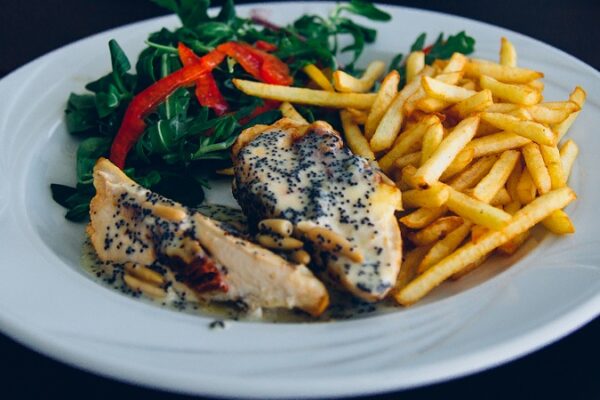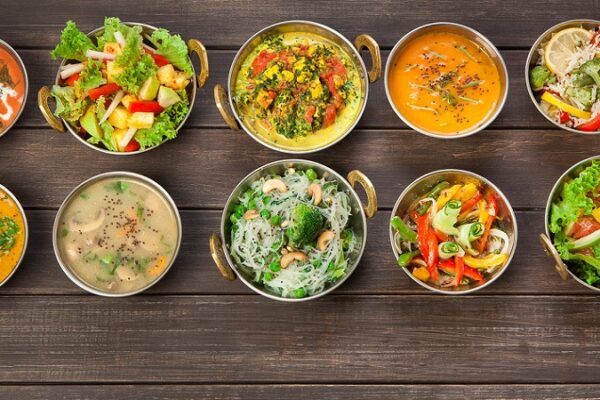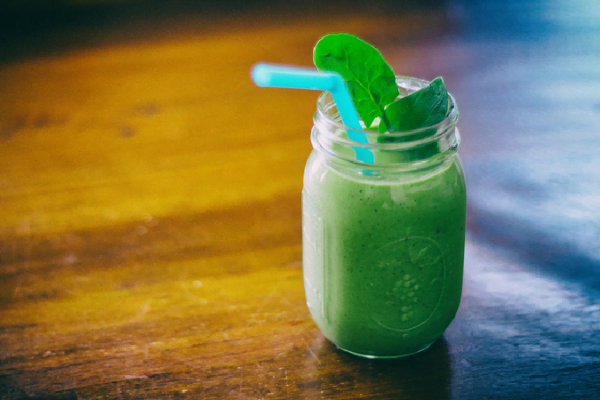Every day we receive information from acquaintances, magazines, TV, social networks and even on our phones about the caloric content of each product. Our friends report that, by following the reduced-calorie diet X, they have been able to decrease whatever measures or even indicate the newest workout, which promises to increase your metabolism and burn all the energy you have stored. But first of all, in this conflict between pleasure of eating and an aesthetic pattern that may not be so healthy, it is important to know what are calories, why and if they are useful and how we depend on them to live.
What are calories exactly?
Calories were defined by the French physicist and chemist Nicolas Clément in the early nineteenth century. Let’s explain, very basically, what are calories: there are units used in physics, one calorie representing the amount of energy needed to raise the temperature of 1 g of water by 1 °C. Physics studies inert systems, as in non-living systems, so you may be asking yourself, “What does this have to do with me?” The use of calories in nutrition was an attempt to measure the amount of energy a given food provides and how much of it we need daily in order to live.
By digesting food, our body metabolizes it in, among other things, vital energy. It is this energy that allows our breathing, heartbeat, brain function and so many other activities of our body. Food is our source of energy, our gas!
Why do diets recommend cutting calories?
It is interesting to know what are calories: the measure of fuel needed for our body to function. Each one of us has a daily calorie quota, which varies according to several factors. How much energy does your body need per day? If you are an athlete, a mother of 3 children, an executive or even perform any other activity, things differ.
Remember that the simple act of sleeping already spends energy (you “burn calories”), in the same way walking, running, dancing, among many actions do. But it also depends on many other factors: your genetics, your age, your level of stress, the climate, ….
The idea of cutting calories is borrowed from the first law of thermodynamics, which says that all energy is conserved (physics again, written by chemist Antoine Lavoisier in the eighteenth century). Under that law, your weight would be the direct result of what you eat, minus what you spend. In other words, everything you eat and do not spend is stored (turned into fat) and everything you spend over and above what you eat is taken out of your reserves (you “burn fat”). Hence the famous saying, “eat less, exercise more”, that is reduce what goes in and increase what comes out. That’s why diets recommend cutting calories.
This is a very simplistic theory. Today we in fact know that this simplification of the body, reduced to the role of an inert box, is not valid.
How do I know how many calories I need?
The science of nutrition has tried to assess how much food we need. It is common to find many tips in articles on the subject, such as:
“An average adult needs 35 calories per kilo per day, or 16 calories per pound. As an example, a 165-pound adult (65 kg) needs 2275 calories per day.”
But as you have already noticed, we are all unique and even from one day to the next, we are different. The above formula is, then, no more than a mere approximation of reality, something extremely simplified.
What then can we possibly do? The good news is that we have within us the tools to feel the amount of energy we need. Knowing what are calories therefore is not that helpful.
Understanding what are calories to live better?
We need energy to breathe, to walk, and to live. The science of nutrition, therefore, tried to determine, through the use of calories, the amount of energy found in each food item to help us define what to eat. Here are some examples you can find in articles on the subject:
Calories table for some products
• 1 glass of 8 oz. (240 ml) of unsweetened natural pineapple juice has 137 calories
• 1 can of 12 oz. (350 ml) of beer has 147 calories
• 1 can of 12 oz. (350 ml) of Coca-Cola has 137 calories
• 1 handful (1/2 oz. or 20 g) of walnuts and nuts has 132 calories
• 1 unit (3 oz. or 100 g) of chicken thighs has 144 calories
• 1 bar (6 oz. or 200 g) of dark chocolate has 1074 calories
The number of calories in food is determined by measuring how much energy it releases when it is burned in a laboratory, that is, outside the body. Thus, it was determined that 1 g of carbohydrates or proteins releases 4 calories (kcal) and 1 g of fat releases 9 calories (kcal). Well, would you look at that!
In practice, we do not know that much about what actually happens in our body in terms of energy release when digesting food! On top of it, we do not digest everything we eat and calories in no way are an indication of the quality of our food! See, for example in the table above, that a handful of nuts and a can of soda have basically the same calories. Do you think they both have the same effect on your body? Of course not!
You can see, then, that the science of nutrition has greatly simplified reality and, as a result, the concept of calories is less and less used. It is too simple a measure of food and gives no information about quality.
What can we do then? My recommendation is to leave discussions about what are calories to researchers and health professionals. Do not become a calorie calculator! Focus on improving the quality of what you eat! The good news, again, is that we have the tools inside us. Our brain has been formatted over thousands of years to know what we need. Observe newborns. They have an instinct, something innate, that tells them when they need to breastfeed and how much. Animals in nature are the same.
We seem to lose that instinct as we grow up and try to measure and control everything we eat. Shouldn’t we start listening again to the signs (hunger and satiety) that our body sends? Shouldn’t we start trusting our body and brain again?
Let’s celebrate food and the pleasure and energy it gives us every day!
Bon appétit!
You might also want to read:
How to eat normally and lose weight: Believe me, this is 100% possible
Tips for overweight people: Don’t battle excess weight with radicalism!










3 Comments. Leave new
It’s really motivational for me cause I always count calories. I’m like a little anorexic and i always feel guilty, but this article is really good!!!!
Like to know more about calories, the importance and disadvantages.
Very educative article